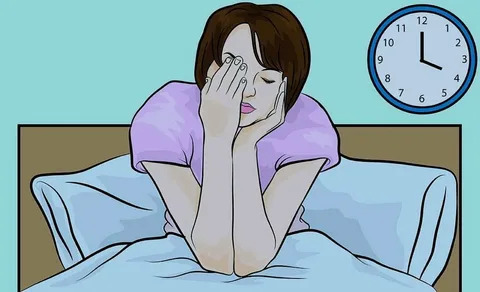
Contents
Millions of individuals worldwide suffer from anxiety, a common and occasionally crippling mental health illness. Although self-care techniques, therapy, and lifestyle modifications are essential for managing anxiety, medication can also be a useful tool in your mental health journey. This article will discuss the function of anxiety medicine, as well as its advantages, drawbacks, and integration into a comprehensive strategy for mental health.
Comprehending Anti-Anxiety Medication
Anxiety medicine, sometimes referred to as anxiolytics, is the term used to describe a group of drugs that are used to treat anxiety-related conditions. These drugs work by targeting brain neurotransmitters such gamma-aminobutyric acid (GABA), norepinephrine, and serotonin to manage emotions, lessen excessive worry, and foster a sense of relaxation and control.
The Advantages of Medications for Anxiety
Relieving and Managing Symptoms
Symptoms like physical strain, restlessness, panic attacks, and continuous worrying can all be greatly reduced with the help of anxiety medication. Medication helps people better control their anxiety by treating these symptoms, which enhances general functioning and quality of life.
Emotional and Mood Stabilization
Anxiety medications can reduce mood swings and emotional reactivity, resulting in a more stable and well-balanced emotional state. People are better able to deal with everyday obstacles because of this steadiness, which also reduces the interference of symptoms associated with anxiety.
Increasing Life Quality
People’s quality of life is improved when they have less anxiety symptoms and better emotional control. They can pursue their own interests and objectives, participate more completely in social events, and uphold healthier relationships, all of which contribute to their sense of contentment and wellbeing.
Advancing Therapeutic Development
Medication for anxiety can be used in conjunction with other therapeutic approaches like mindfulness exercises or cognitive-behavioral therapy (CBT). Medication reduces severe symptoms, which makes it easier for people to develop coping mechanisms, attend therapy sessions, and address underlying problems that are causing their anxiety.
Taking into Account and Working Together
Tailored Care Programs
A person’s medical history, preferences, and the kind and intensity of their anxiety all influence how effective anxiety medications are. Working together with a healthcare provider enables you to receive a customized treatment plan that is suited to your particular requirements.
Selecting the Appropriate Drug
Anxiety drugs fall into various kinds, each with its own mechanisms of action, possible side effects, and considerations. Benzodiazepines, beta-blockers, selective serotonin reuptake inhibitors (SSRIs), and serotonin-norepinephrine reuptake inhibitors (SNRIs) are common classes. Your doctor can assist in selecting the best drug depending on your unique symptoms and objectives.
Observation and Modification
When beginning or modifying an anxiety medication regimen, routine monitoring is crucial. In order to maximize efficacy and reduce risks, your healthcare practitioner will evaluate treatment response, keep an eye out for side effects, and make any required adjustments to dosage or medication type.
Including Medication in a Comprehensive Strategy
Healing Combination
Medication for anxiety is only one part of a comprehensive strategy for treating mental illness. It enhances overall well-being by collaborating with treatment, dietary changes, self-care routines, and social support. By combining these components, a strong basis for anxiety management and long-term resilience is established.
Self-Management and Coping Mechanisms
Medication helps with symptoms, but self-care routines and coping mechanisms are essential for maintaining mental health over time. In addition to the advantages of anxiety medication, practicing mindfulness, exercise, eating a balanced diet, getting enough sleep, and practicing stress reduction techniques also improves general wellness.
Overcoming Obstacles and Rejoicing in Advancement
Taking Care of Misconceptions and Stigma
Medications and mental health stigmas might make it difficult for people to get treatment. Having candid discussions, spreading awareness, and engaging in advocacy work are essential in eliminating stigma, fostering compassion, and motivating people to put their mental health first without feeling guilty or condemned.
Honoring Development and Fortitude
The route to medication-assisted anxiety management is one of advancement, failures, and perseverance. Embracing personal development, self-compassion exercises, and celebrating little wins are all crucial components of this path. Any progress you make, no matter how little, shows how strong and determined you are to overcome your fear.
In conclusion, Hope and Empowerment
Medication for anxiety is a useful tool for treating anxiety disorders and enhancing mental health. It plays an empowering role in your mental health journey by offering stability, support, and symptom alleviation while you work through obstacles and strive for a happy existence. You may take proactive measures toward improved mental health and a better future by working with healthcare providers, incorporating medicine into a holistic approach, and embracing self-care routines.